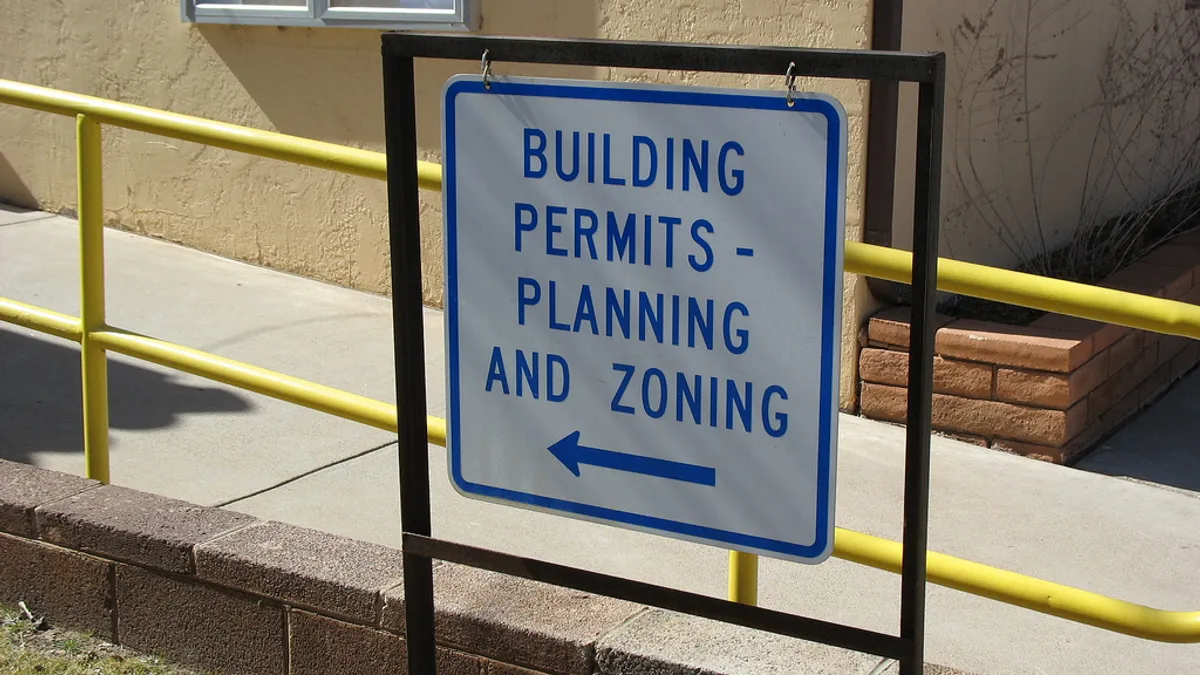Dive Brief:
- A New York State Supreme Court judge has revoked the building permit for a 668-foot-tall residential tower in Manhattan, a decision that could force the developers to remove 20 floors from the top of the nearly complete structure, Bisnow reported. Attorneys for developers of the 200 Amsterdam property, SJP Properties and Mitsui Fudosan America, said they would appeal the verdict.
- The complaint, brought by the Committee for Environmentally Sound Development (CFESD) and the Municipal Art Society of New York, alleged that the New York City Department of Buildings was incorrect in its decision to issue a permit for the building because the property sits on a "gerrymandered zoning lot" and was "cobbled together" out of six existing lots in order to meet zoning requirements. The lawsuit said both the DOB and the New York City Board of Standards and Appeals (BSA), which upheld the DOB's decision to issue the permit, were wrong in their interpretation of zoning laws and contradicted a previous New York State Supreme Court order.
- Scott Mollen, the attorney representing SJP and Mitsui, said there are at least 20 other buildings in Manhattan that were constructed under a building permit similar to that of 200 Amsterdam. If the developers lose the appeal, he said, it could have similar repercussions for other developers and even force tenants in other buildings to vacate their units.
Dive Insight:
Not only does the prospect of demolishing 20 floors from atop a building while preserving the rest present logistical and design issues, the court's ruling could also throw the developer's loan into default, according to The Real Deal. First, the agreement for the $426 million construction loan required that the project comply with building codes and zoning laws. Second, the developer must maintain a loan-to-value ratio of 65%, which means the value cannot fall below $655 million. The most expensive units — some costing $21 million — are on the building's upper floors and removing them could lower the sellout value to the point of default.
The developers of 200 Amsterdam chose to continue construction even while the courts considered the validity of the permit, likely confident that they would win in the end. They could still win on appeal, but the ruling is surely giving other developers pause.
The BSA also granted Gamma Real Estate Development's East 58th Street project a zoning exception in the summer of 2018, and opponents of the project, according to Curbed New York, allege that the basis on which the board granted that exception is just as shaky as the basis for the 200 Amsterdam permit.
New York City Council member Ben Kallos told Bisnow that New York City is still a place that welcomes development but that developers should get community buy-in if they're considering using a loophole to win approval for their projects.













